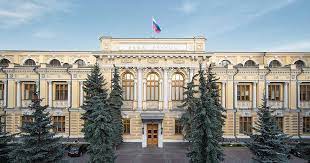A critical look at IMF recommendations on financial stability concerns from Fintech and DeFi

Fintech and financial stability
Fintech is technological innovation in financial activities, or in other words, financial innovation aided by technology. This by itself is not new. The ATMs which made their entry in the late 1960s was also in this sense, fintech. With the rapid growth in crypto assets in recent years, and that of decentralised ledger technology (DLT), fintech has evolved and grown rapidly in recent years to provide traditional banking functions, including deposit taking and lending. Referred to as Decentralized Finance, or DeFi for short, it threatens to disintermediate banks from savers and borrowers, transform the traditional banking landscape, and threaten financial stability. The IMF flagged its concerns in the third chapter of the April 2022 issue of its biannual Global Financial Stability Report (GFSR). Continue reading “Fintech and Financial Stability”
![]()

